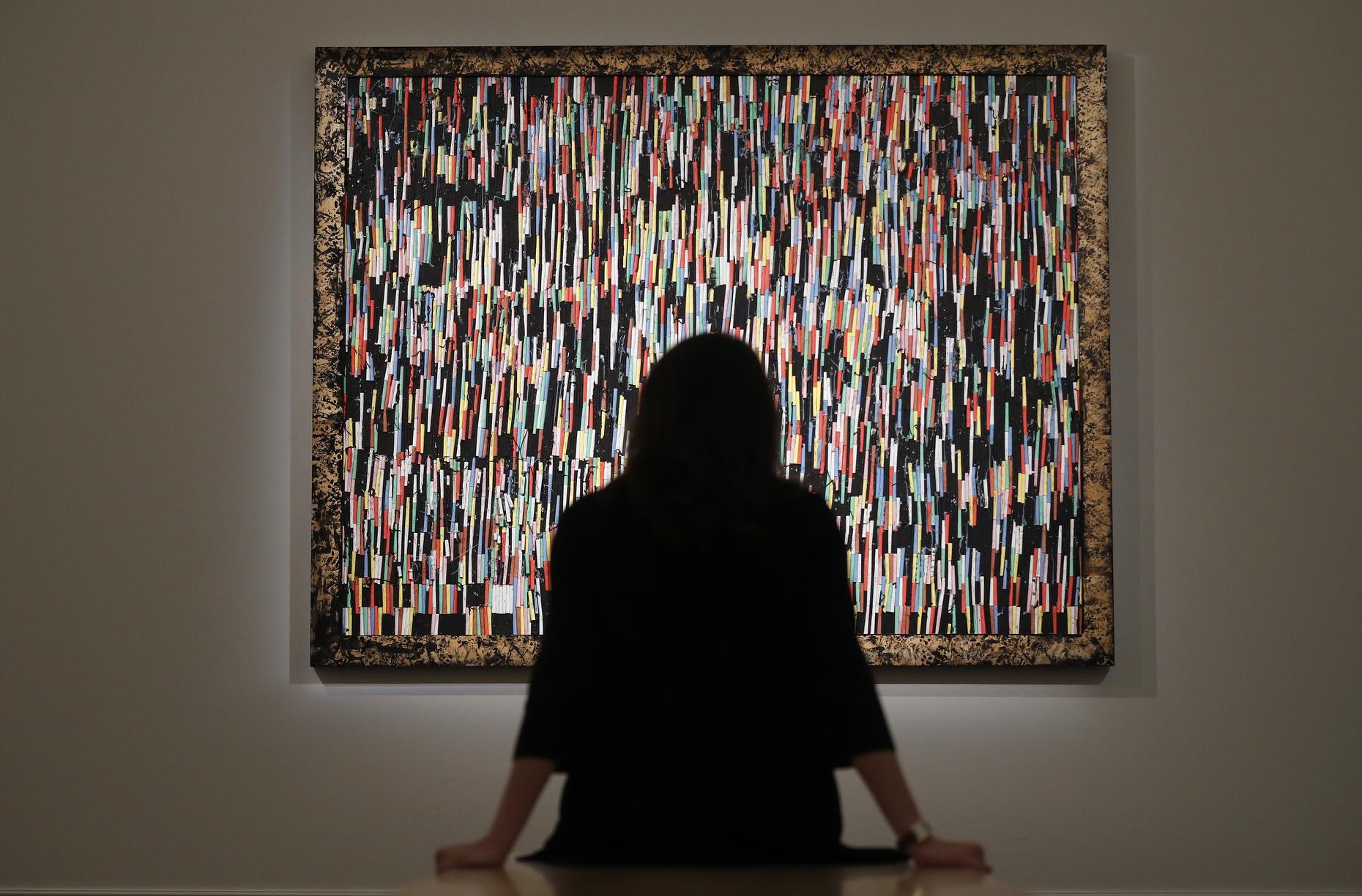So, yesterday, I was sent a number of questions to answer by a journalist interested in the controversy about the hire of Kristen Windmuller-Luna as consulting curator of African art at Brooklyn Museum of Art. Here below are the questions and my responses.But in case you don't have time to read through it, the take away is that I fully support her hire, and while we must press on museums and art history schools to do more to diversify their curatorial, managerial and professorial ranks, it makes absolutely no sense to say that white people should not be hired to curate or teach African art.
What does the African art community look like?
The question for me is whether there is anything one could call the African art community. What I see are two "communities" with different claims to and interests in the arts of continental African societies. “African art” as a field of endeavor constituted by collecting, merchandising, conservation, research, and scholarship was originally established by white Europeans and Americans in the age of empire. In the US and Europe, there has not been a substantial change in the racial and class make up this community. And because we are dealing with ownership or custodianship of valuable things, I doubt that this will change anytime soon. Precisely because of the colonial origins and contexts of institutionalized African art, serious involvement in this community by African and African Diasporic stakeholders is relatively recent and must be encouraged to grow. Then there is a second community: African and Black Diaspora people that have little or nothing to do with the art world community described above but who claim institutionalized African art (the traditional masks, objects, ritual sculptures) as part of their ancestral cultural heritage. This community can be and is often quite passionate about its real and imagined relationship with African art.
Is there a lack of black curators/professors/professionals in this field of research?
Art history, generally, has not always attracted people of color or first-generation students. And there is still not enough of these students in US institutions interested in studying and making a career in ancestral arts of African societies, the sort of art that still form the core of African art collections of museums like Brooklyn. Of those whose are interested in African art, a majority tend to focus on the even newer subfield of modern and contemporary African and African Diaspora art which is not quite the same as African ancestral arts. More work needs to be done to recruit black students in graduate programs that offer African art.
Do you think that the Brooklyn Museum should've let a black curator oversee their African art exhibits?
Kristen Windmuller-Luna who was recently hired by Brooklyn as consulting curator of African art department was my doctoral student here Princeton. When I recruited her to the study with me, I knew she was not black, and I knew that she wanted to be a museum curator after earning her Ph.D. I expected her to secure a good job upon graduation. So, am I thrilled that she was hired by Brooklyn? She is terrific and has an impeccable scholarly portfolio and experience to show for it. If Brooklyn did not hire her as curator in the African department, another first-rate museum would have and should. Do I think that museums should only hire black curators to oversee their African art collections? Absolutely not; or we might as well prevent non-black students from studying or seeking a career in African art. Should museums make sure that they don’t overlook qualified black curators in their curatorial and senior management job search process? Absolutely.
What are your general thoughts on those who are criticizing the museum for hiring a white woman to curate African art? Does this point to a need for diversity within the arts in general?
It is wrong to criticize Brooklyn Museum for hiring a white African art curator; it is right to press museums to diversify their curatorial and management staff. The art world--as constituted by scholars, curators, critics, collectors, dealers, schools, museums, and art administrators--has always been elitist, and that won’t be changing anytime soon, largely because of the long-established entanglement of art, money and power. The diversity of any given society's elite class has direct bearing the diversity of its art world. Still, some museums have done better in diversifying its curatorial staff than others. And I think that Brooklyn has been much more active in this respect than many of its peers in New York and elsewhere in the US. Take a look at its curatorial staff.

